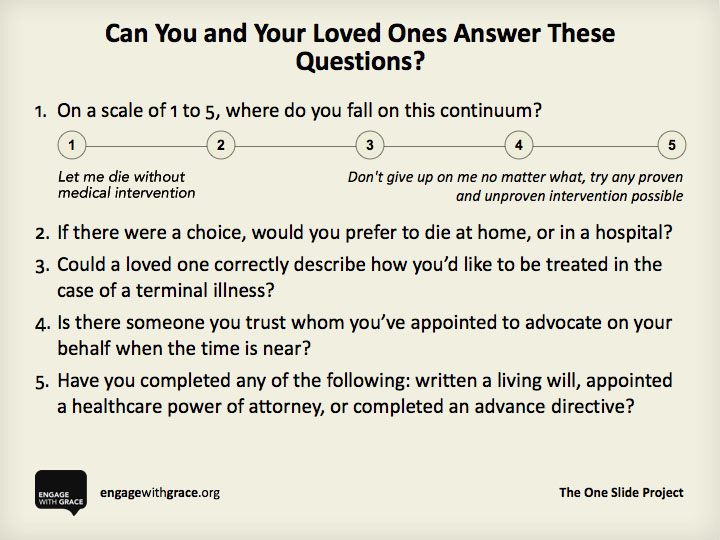Warning: this doesn’t end well. Not for anyone in the story. Unless it changes you, as it did me. Jonathan Welch, MD, teaches at Harvard Medical School and practices in the ER at Brigham and Women’s Hospital in Boston. But, as is often the case in life, the information that really matters is more personal: […]
The Waiting Room
Quick: check the listings for “The Waiting Room.” If it’s playing in your city, go. (Run if you live in Boston – the director will be interviewed by Alexandra Drane tonight). I went to a screening last night and agree with Ann Hornaday, a movie critic for The Washington Post, who gave it her highest […]
Hello world
Enjoy more amazing images from the National Geographic Photo Contest (nothing, but everything, to do with health and technology).
À la recherche du temps perdu
When I saw this latest data set, I flashed on the phrase “À la recherche du temps perdu” which roughly translates as “In search of lost time” or “Remembrance of things past” (a seven-volume novel by Marcel Proust that I never did finish reading). Look how much time we have collectively “lost” and look at what […]
“I’ll tell you what gloomy is…”
I want to continue the Engage with Grace blog rally by highlighting my favorite comment thread about it, from a 2010 post on e-patients.net. For me, this is what blogging is about — providing a public space for debate about ideas that matter to you. Treb wrote: I really think that a topic like end […]
Engage with Grace
A guest post from the Engage with Grace team… One of our favorite things we ever heard Steve Jobs say is… ‘If you live each day as if it was your last, someday you’ll most certainly be right.’ We love it for three reasons: It reminds all of us that living with intention is one […]





Recent Comments